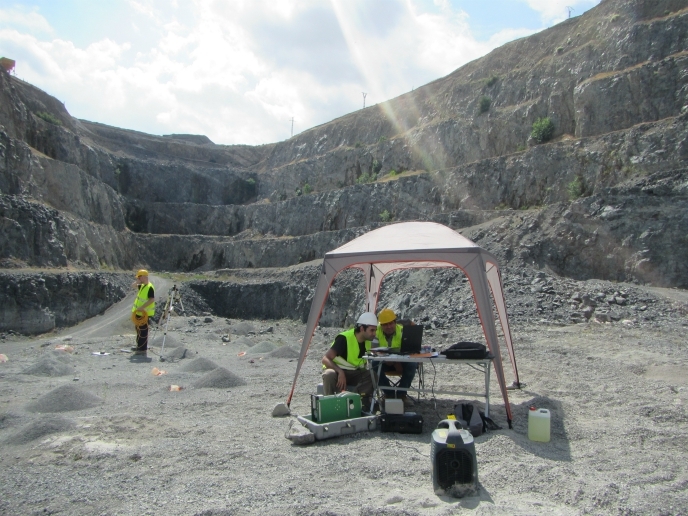The future of underground infrastructure
The aim of the SIRUE (Sustainable infrastructure for resilient urban environments) project was to identify how the use of underground space and the physical infrastructure contained therein influence sustainability, vulnerability and resilience in urban areas. The work was conducted by the University of Birmingham in the United Kingdom and the Scientific Research Center for Ecological Safety (SRCES) of the Russian Academy of Sciences, St Petersburg, Russia. Three case studies based on Berlin, London and St Petersburg served as a basis for the analysis of current and future interactions of urban underground infrastructure (UUI). The critical role of UUI within urban centres was characterised in terms of enabling resilience in these areas and the uninterrupted provision of important services. Researchers identified key elements to understanding the role of UUI in urban resilience, including the functional mix of provided services and the use of space by specific infrastructures. These also involved the flow of energy and matter through specific infrastructures and the density of physical structures constituting the UUI. The complex inter-relationships that exist between UUI and the urban environment were acknowledged by identifying environmental benefits and risks. A comprehensive table of disciplines and issues involved in urban underground space was developed and can be applied to future research. In addition, the role of intangible assets was determined along with sociocultural aspects of UUI and urban physical infrastructure (UPI). To date, the most significant research result is a clear understanding that the density of UUI will increase significantly in the coming decades in most developed cities. This change needs to be further investigated as it will have a major impact on the socioeconomic development of urban areas. UUI will also have wider social implications with regard to sustainable life styles, including transport, mobility and energy consumption. Decision makers should therefore consider UUI and UPI planning to ensure it is capable of meeting function and performance requirements, which are expected to change in the future.







